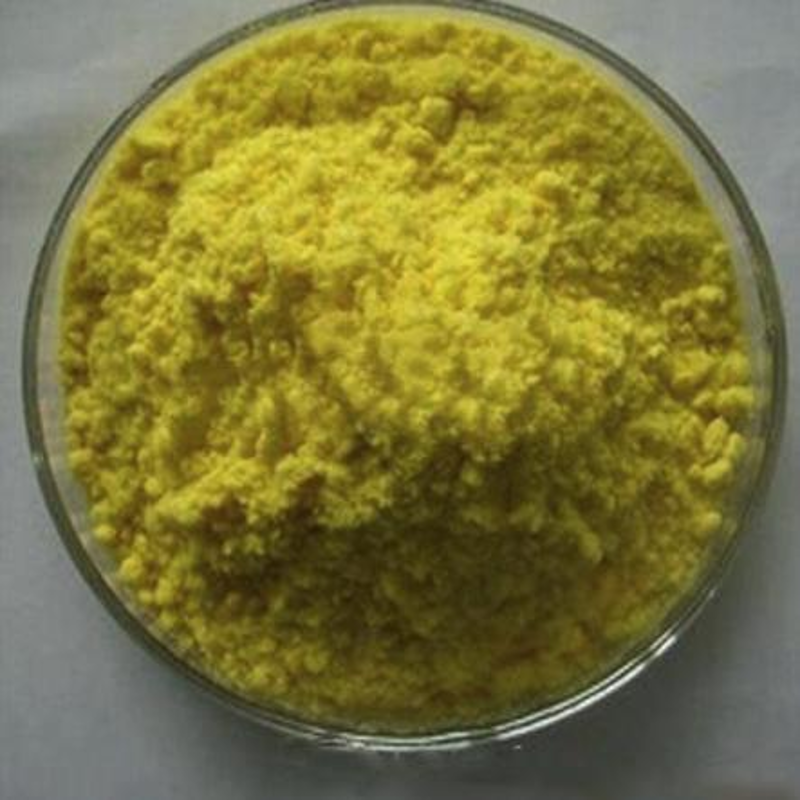-
Categories
-
Pharmaceutical Intermediates
-
Active Pharmaceutical Ingredients
-
Food Additives
- Industrial Coatings
- Agrochemicals
- Dyes and Pigments
- Surfactant
- Flavors and Fragrances
- Chemical Reagents
- Catalyst and Auxiliary
- Natural Products
- Inorganic Chemistry
-
Organic Chemistry
-
Biochemical Engineering
- Analytical Chemistry
-
Cosmetic Ingredient
- Water Treatment Chemical
-
Pharmaceutical Intermediates
Promotion
ECHEMI Mall
Wholesale
Weekly Price
Exhibition
News
-
Trade Service
Instruction of Spirulina Powder: A Comprehensive Guide for the Chemical Industry
Spirulina powder is a type of blue-green algae that has been used for centuries as a dietary supplement.
It is rich in nutrients, vitamins, and minerals, making it an excellent addition to any diet.
In recent years, spirulina powder has gained popularity in the chemical industry due to its unique properties and potential applications.
However, the use of spirulina powder in the chemical industry requires careful handling and processing to ensure its effectiveness and safety.
This instruction manual provides a comprehensive guide for handling spirulina powder in the chemical industry.
- Handling and Storage
Spirulina powder is sensitive to light, heat, and moisture, so it is important to store it in a cool, dry place with minimal exposure to light.
It is also important to handle the powder with clean gloves and equipment to prevent contamination.
Before handling the powder, it is recommended to wash your hands with soap and water to remove any potential contaminants.
- Proper Packaging
To ensure the quality and safety of the spirulina powder, it is essential to use proper packaging.
The packaging should be airtight, light-resistant, and moisture-proof to prevent any exposure to the environment.
It is also important to use packaging that is resistant to heat and chemicals to prevent any damage to the powder.
- Mixing and Processing
Spirulina powder can be difficult to mix and process due to its thick and pasty texture.
It is important to use a mixer or blender that is powerful enough to break up the powder and distribute it evenly.
It is also recommended to add a small amount of water or a liquid to the powder to help with mixing.
- Dosage and Administration
The dosage and administration of spirulina powder depend on several factors, including the intended use and the individual's health status.
It is important to consult with a healthcare professional before using spirulina powder to ensure that it is safe for you to use and to determine the appropriate dosage.
- Safety Precautions
Spirulina powder is generally safe to use when taken at recommended doses.
However, it is important to be aware of the potential side effects, which may include digestive problems, allergic reactions, and interactions with certain medications.
It is also important to avoid using spirulina powder in large amounts or for extended periods of time without consulting a healthcare professional.
- Regulatory Requirements
The use of spirulina powder in the chemical industry is subject to regulatory requirements and guidelines.
It is important to comply with these requirements to ensure the safety and effectiveness of the product.
This includes obtaining appropriate licenses and permits, adhering to quality standards, and conducting necessary testing and evaluations.
- Future Developments
The future of spirulina powder in the chemical industry is promising due to its potential applications and benefits.
Research is ongoing to explore the full range of properties and uses of spirulina powder, including its use in the production of biofuels, cosmetics, and pharmaceuticals.
The development of new processing methods and technologies may also improve the efficiency and cost-effectiveness of using spirulina powder in the chemical industry.
Conclusion
Spirulina powder is a valuable resource in the chemical industry due to its unique properties and potential applications.
To ensure its effectiveness and safety, it is important to handle it properly, store it in a cool, dry place, use proper packaging, mix and process it carefully, follow dosage and administration guidelines, and comply with regulatory requirements.
With proper handling, spirulina powder can be an excellent addition to any chemical process and contribute to the advancement of the chemical industry.






